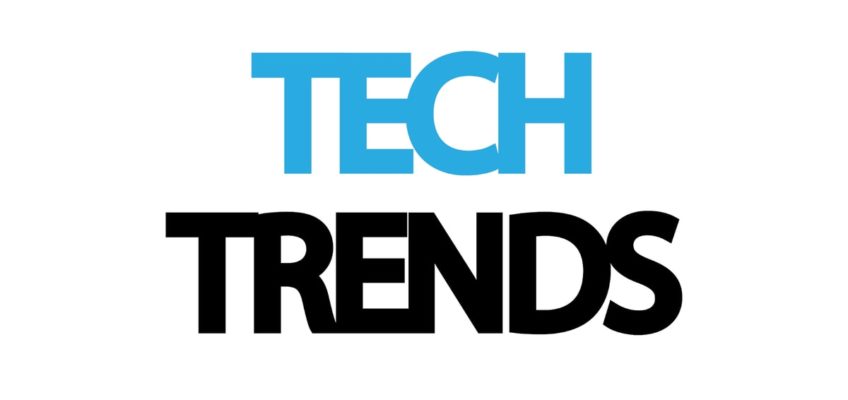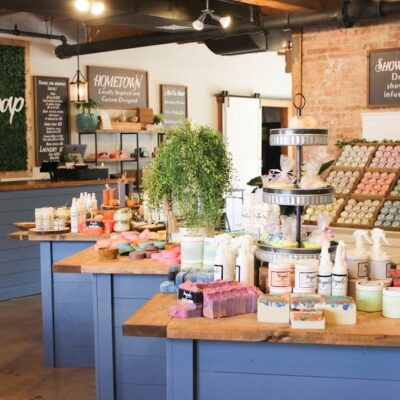I was told during a recent trip to Canada that diversity was key to innovation and creativity cannot thrive in a climate of fear. I heartily agree, which is why it worries me to see the political and popular rhetoric which emerged from Brexit in the UK and Trump’s election in the US.
Creativity cannot exist in a climate of fear Click To TweetTechnologists in the US are also understandably concerned that they might get conscripted into enabling the creation of a “Muslim Register” or similar databases that help target people on the basis of their race, religion or national origin. The historical parallels are quite disturbing, and many recently signed a pledge to say they’d refuse to participate in such initiatives.
But with Donald Trump’s inauguration now upon us, and Theresa May’s “Hard Brexit” ordeal about to start in earnest, will liberal-minded techies be forced to look for greener creative pastures? Canada certainly hopes so, and the country is doing a pretty good job of making itself welcoming.
Not only does Canada have arguably the world’s most charismatic leader – now that Barak Obama has vacated that post -in Justin Trudeau (I mean, just look at the guy, he could be part of the recent dance-in protest staged outside Mike Pence’s house in DC) but it also boasts a host of friendly immigration and tax policies, great quality of life and a booming tech ecosystem.
Innovation needs diversity to thrive, and Canada seems to get that Click To TweetIn this article for The Next Web I talk to one of the companies North of the border looking to capitalise on this, and ask British Columbia’s Minister of Technology for his insights into what gives areas like Vancouver the edge in attracting coveted tech talent to the region.
“None of this even existed five months ago, it’s crazy when you think about it,” says Ryan Peterson as he shows me around the “Holodeck,” a 25,000 square foot holographic studio where his company Finger Food Studios is making cutting-edge augmented and mixed reality products for Fortune 500 companies. It’s a cavernous warehouse on the outskirts of Vancouver, but Peterson tells me that the facility is almost full. Over the next 12 months they’re planning to double the size of their 100-strong team as the demand for MR picks up, but that’s only the beginning.
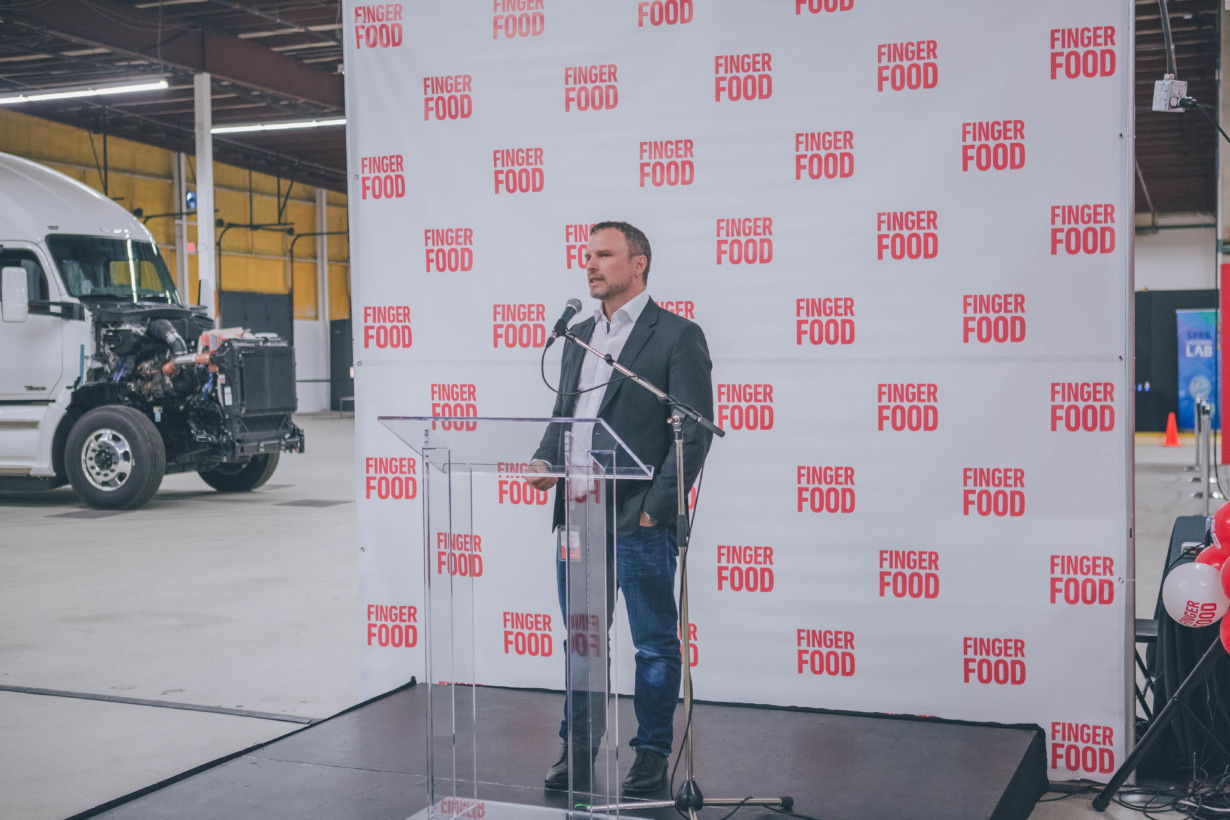
“As the demand really picks up we want to become the major hub for this, so there’s definitely the potential to be over a thousand people here. We need people to develop and design this technology. And for every engineer, we need a creative person who can harness that technical horsepower,” he says.
They’re preparing for the Holodeck’s launch party that afternoon, where – in between sampling some of what the local micro-breweries and wineries have to offer – I talked to the region’s Minister of Technology, Amrik Virk about the tech scene in British Columbia. I asked him what he made of the fact that we were standing among the world’s largest holograms (Finger Food produced a full-scale holographic model of a truck for Paccar which was showcased at the launch).
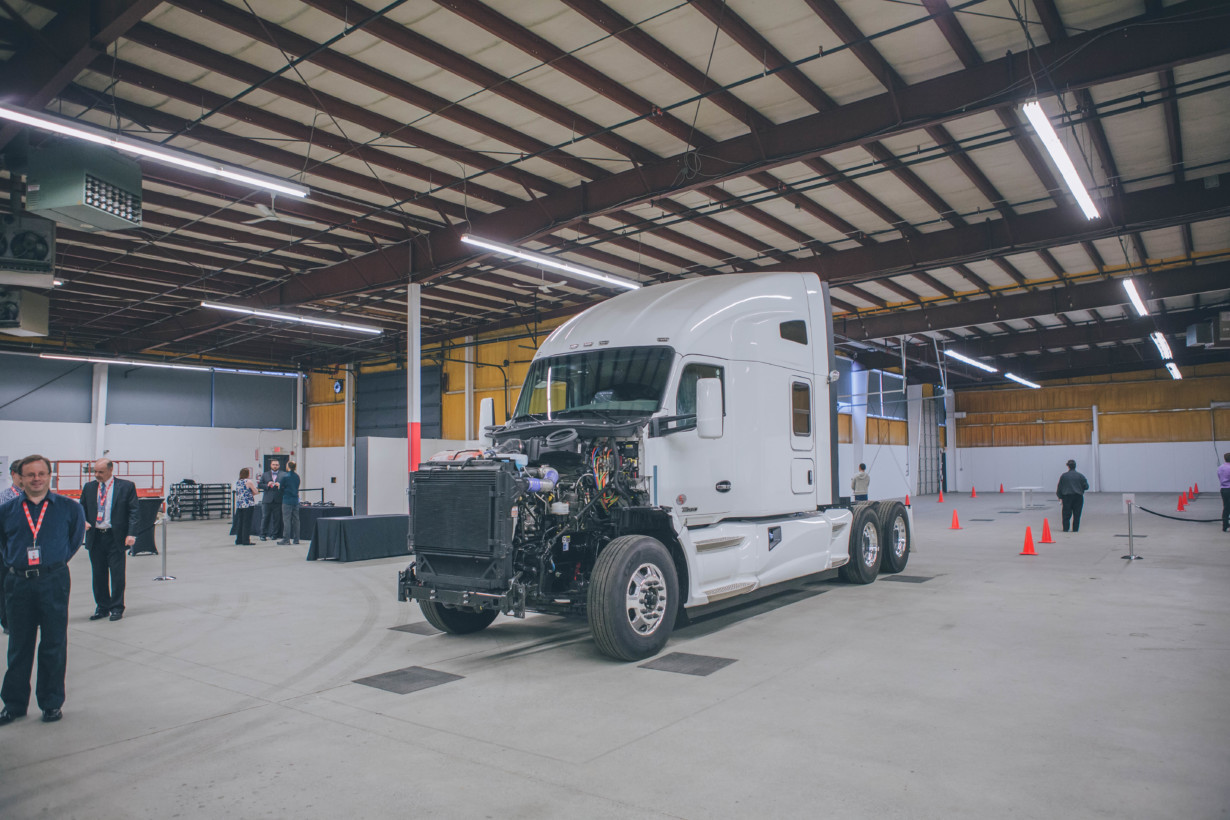
“I grew up watching Star Trek so seeing the holodeck here is amazing,” he says with a grin, before telling me that although Finger Food is certainly a poster child for the BC tech industry, they’re far from atypical. These are booming times. “When I ask Tech CEOs about their growth projection they always tell me around 20,30,40%. We have around 100,000 families in the area who put food on the table as a result of the tech industry in one of its various verticals.”
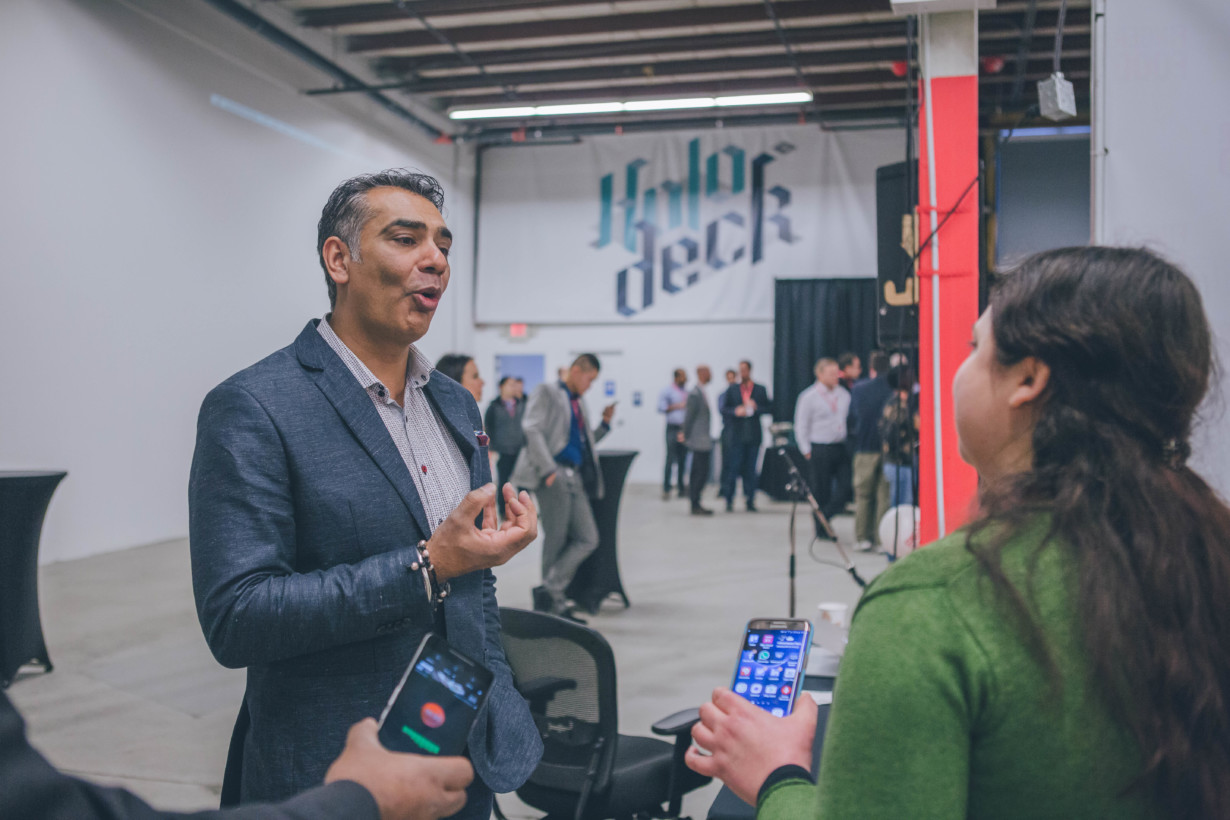
He tells me that the ecosystem is helped by a friendly tax environment – corporate tax here is the lowest in North America, 26% compared to an average of 41% in the US – and additional industry-specific incentives such as the Interactive Digital Media Tax Credit.
With creative elites feeling increasingly unwelcome in the ultra-polarized political climate of Britain and the US, will there be a surge of tech talent heading North to Canada? Click To TweetThere are active moves from both industry and government to encourage more people in the technology sector to move to the region. Last year they brought in 5800 workers to fill specific needs of that booming job market, but they’re still 4000 people short of this year’s target according to Virk. “And these are really cool jobs,” he says “We’ve very much working with the federal government to also establish a path to permanency for those individuals that come here, because we want them to stay here.”
Their recent increased visa allocation is also making it much easier to get talented individuals from the tech industry, and to get them over quickly. The process, I’m told, can take as little as two weeks. Finger Food’s Creative Director Chris Waind believes that these factors are all aligning to open up the floodgates for Canada’s creative industries.
“Creativity and innovation cannot exist within the realm of fear,” he says alluding to the post-Brexit climate in the UK. “You get these people that simply don’t want to live with what’s happening in Europe at the moment, which runs completely contrary to what it is like to live in Canada.” Waind himself is a British expat who’s been living in Vancouver for the past 17 years, and he tells me there’s nowhere else he’d rather raise his family: “It’s an incredibly accommodating place to live, absolutely gorgeous. And Canadians, God Bless them, are wonderful people. They are so nice, as an English person I sometimes find it irritating. I go back to England every once in a while to get my grumpiness fix.”
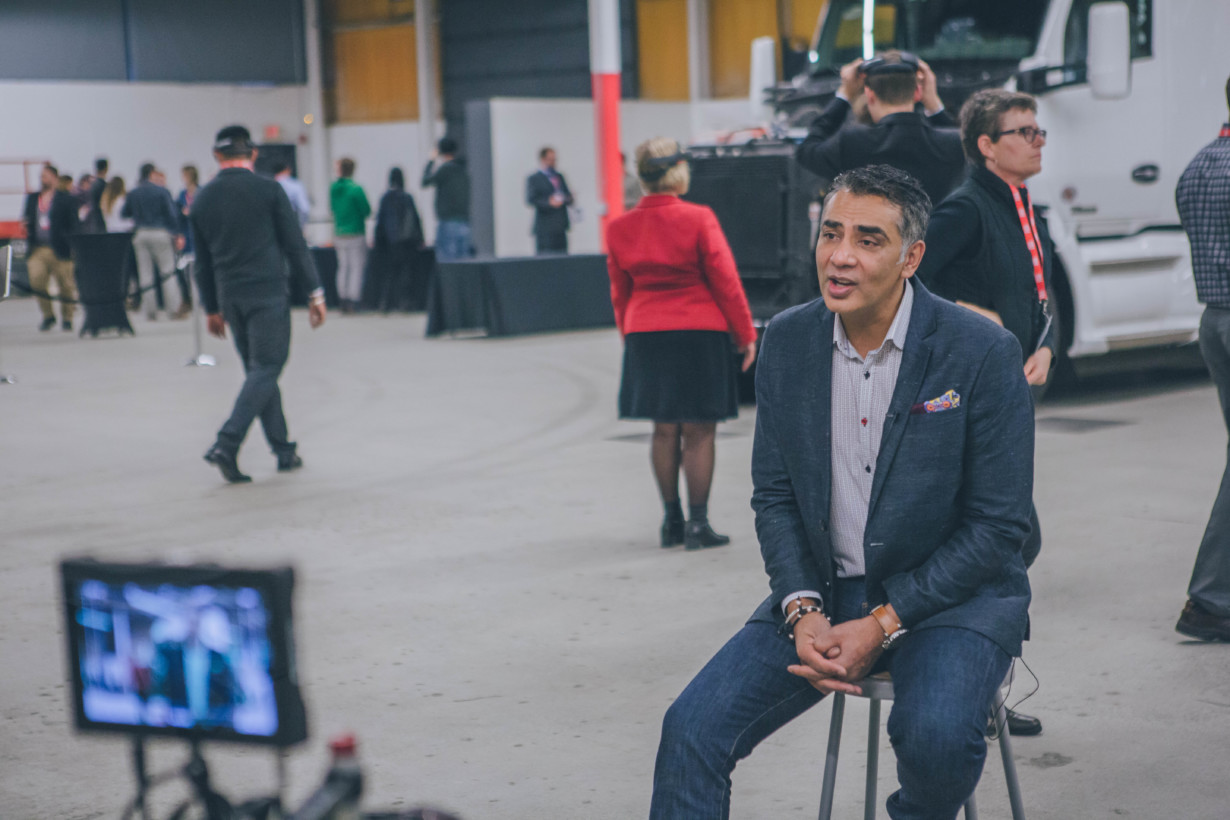
“we’re seeing more hits, more queries on our websites from outside than ever before,” confirms Virk. “This is not something we started last month as a result of events in Europe and the US, this has been our mission for many years, but now that you do have those events, we can go to places like Silicon Valley and show them that we already have this tech space and say to them ‘we welcome your background, your ideas and your training.”
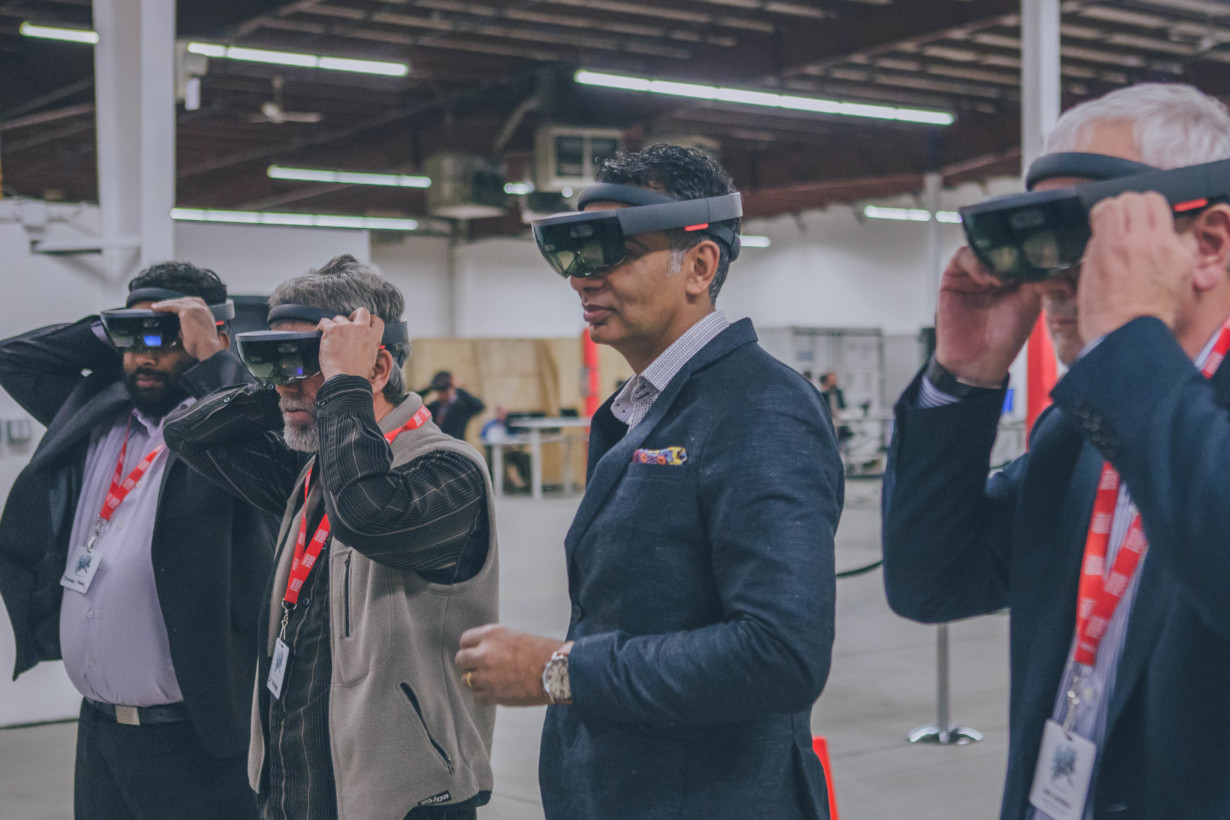
This is not a case of building a Northern version of a Southern industry, as #BCTECH is actually surpassing many other tech hubs in terms of growth and innovation. “You’re looking at the early 90s Seattle scene to get anywhere close,” says Waind. “I think the next 10 to 20 years you will see Vancouver being the number 1 city for tech.”
That’s easy to believe once you’re immersed in that scene, but comes as a bit of a surprise given how under the radar that growth has been. It’s perhaps a byproduct of Canadian humility that they’re reluctant to shout their accomplishments from the rooftops, but the sense I get from everybody here is that this might be about to change. As Virk tells me: “I’m suggesting now that in that humble Canadian way we accentuate what we’re good at and we invite the world to be part of that.”
Well, beam me up Scotty…
After Trump and Brexit, Canada’s Tech Industry Prepares for a Talent-Poaching Bonanza https://t.co/sqr3n9XSe1 via @thenextweb
— Alice Bonasio (@alicebonasio) January 20, 2017
For companies looking to get into Immersive technologies such as VR/AR/MR/XR our Virtual Reality Consultancy services offer guidance and support on how best to incorporate these into your brand strategy.
Alice Bonasio is a VR Consultant and Tech Trends’ Editor in Chief. She also regularly writes for Fast Company, Ars Technica, Quartz, Wired and others. Connect with her on LinkedIn and follow @alicebonasio on Twitter.

